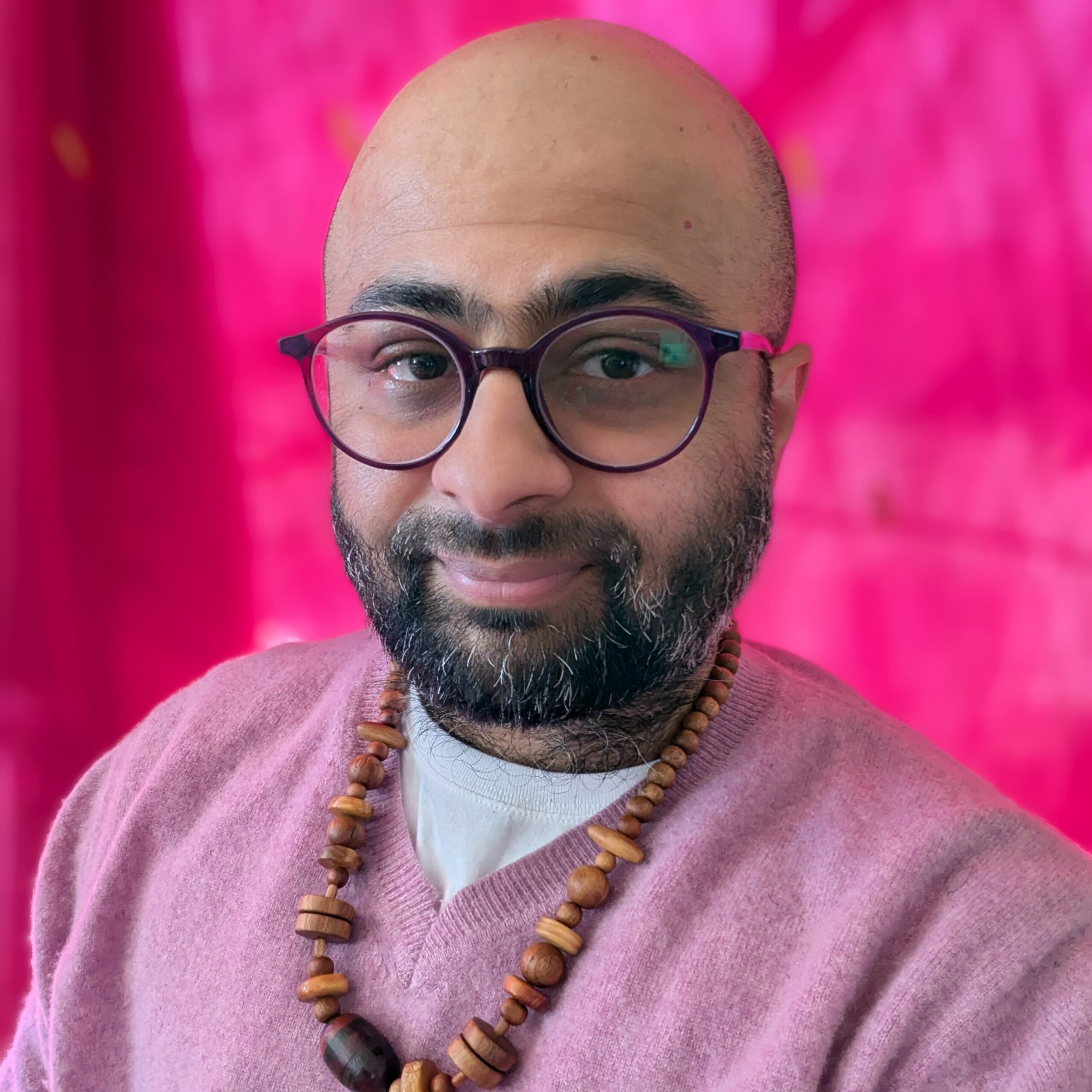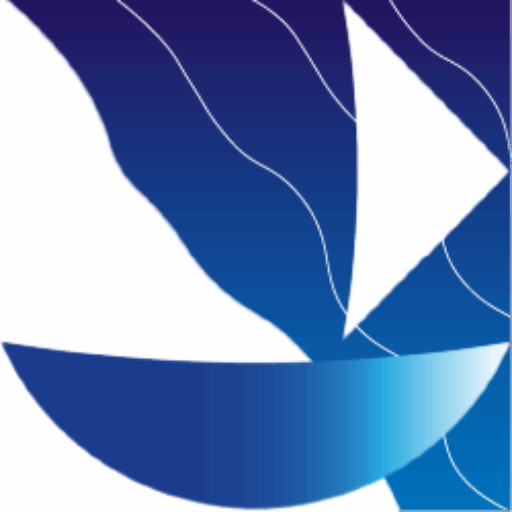Anand Jay Kalra (he/him)

Professional: Anand has served social justice movements since 2004. He’s a professional librarian by training, and has applied theories and concepts of information science to professional work in public health policy for transgender people and people living with HIV, electoral organizing, civil disobedience/public protest, leadership development for underrepresented groups, narrative change work and digital storytelling, finance and operations consulting, and executive leadership in LGBT arts. He earned a certificate in End-of-Life Doula work from the University of Vermont’s Osher Center for Integrative Medicine in 2024 and is a member of the International End of Life Doula Association and the National End-of-Life Doula Alliance.
Personal: Anand is proud to be a bisexual transgender man from an immigrant family. He is a partner, brother, son, uncle, and great-uncle in his family of origin and chosen family. Anand grew up 30 miles east of the Mississippi River in rural Illinois (Meskwaki, Potawotami, Sac, Fox), spent seven years in Southeast Michigan (Anishinaabeg, Wyandot), and since 2012 has lived all around the East Bay (Ohlone- Lisjan, Chochenyo, Muwekma). Outside of death and endings work, Anand enjoys playing and teaching music, making spreadsheets, and telling awful jokes.
Path to Endings Work: Anand cared for his mother through chronic and acute illnesses and during her dying process, after which he served as executor for her estate while feeling upside down and inside out. On the one-year anniversary of his mom’s passing, Anand’s lifelong teacher and mentor told him her cancer was back, and he spent the next 18 months exploring illness, life, and death along with her. While not the only losses he has experienced, they were pivotal and led him to deepen his experiential understanding of life and death processes through formal study, psychotherapy, dream work, and community connection. Anand earned an End-of-Life Doula certificate from the University of Vermont Osher Center for Integrative Medicine in 2024.
On the organizational level, I took on executive leadership at a beloved community arts organization that was in a stage of renewal while also serving as executor for my mother’s estate. These parallel experiences gave me insight into the metaphorical deaths of organizations and movements and the costs of avoiding important questions until it’s too late.
